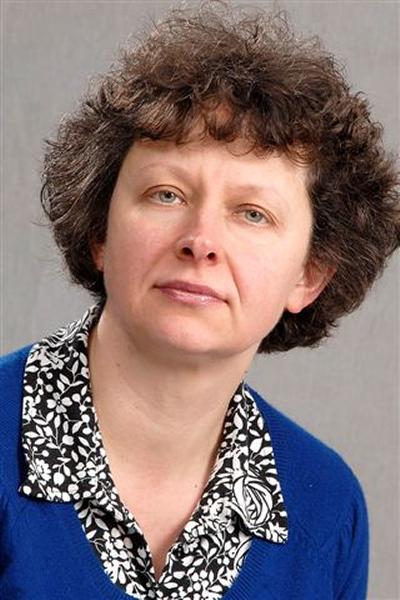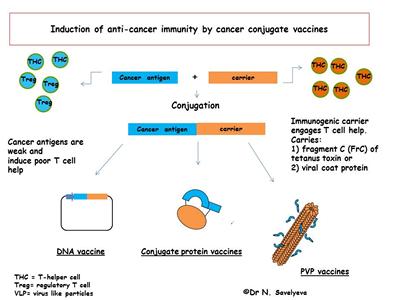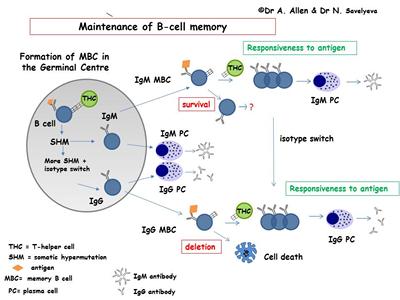Dr Natalia Savelyeva PhD
Lecturer in Cancer Immunology

- Related links
Dr Natalia Savelyeva is Lecturer in Cancer Immunology within Medicine at the University of Southampton.
Dr Natalia Savelyeva graduated from Moscow State University, Russia, with a degree in Biochemistry and Virology. Subsequently she completed her PhD at University of East Anglia in 1999 under supervision of Dr I Gibson. She then moved to Southampton to continue her training in the laboratory of Prof F.K. Stevenson where she was working on the development DNA fusion vaccines against hematologic malignancies. After completing her post-doctoral training she became an independent investigator in CSU, Faculty of Medicine, but continued working closely with Prof Stevenson. In 2013 she was appointed as a Lecturer in Cancer Immunology in CSU. Natalia’s main focus has been to develop novel conjugate cancer vaccines based on plant viral particles and to understand how cancer vaccines operate in the tolerogenic cancer setting. Aiming to take novel cancer vaccines into clinical setting, Natalia works in close collaboration with Prof Ottensmeier, a consultant oncologist with a core academic interest in early translation of immunotherapeutic strategies into the clinic.
A second line of research has concerned the maintenance of memory B-cell responses and has led to an increased understanding of IgG and IgM memory B cells and the role of T-cell help in guiding memory B cells towards responsiveness to antigen rather than tolerance.
Qualifications
BSC equivalent, Biochemistry, Moscow State University, Russia (1986)
Degree in Biochemistry and Virology, Moscow State University, Russia (1987)
PhD University of East Anglia (1999)
Appointments held
1998-2005 Research Fellow, Cancer Science Unit, School of Medicine, University of Southampton
2005-2013 Senior Research Fellow, Cancer Science Unit, School of Medicine, University of Southampton
2013 to present Lecturer in Immunology, Cancer Sciences Unit, Faculty of Medicine, University of Southampton

